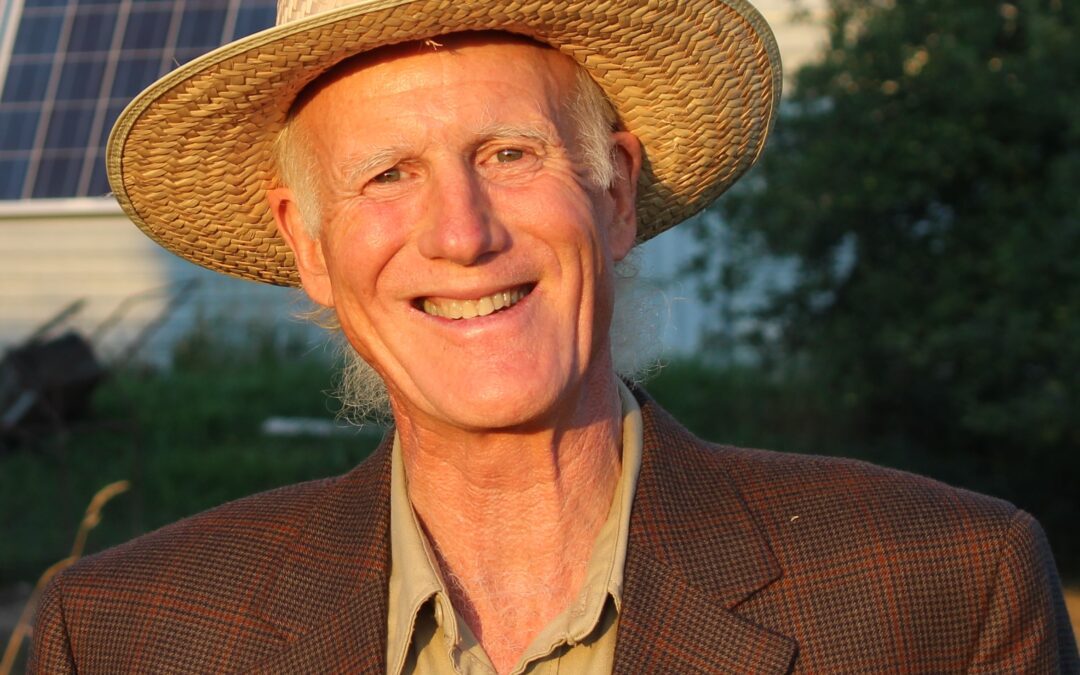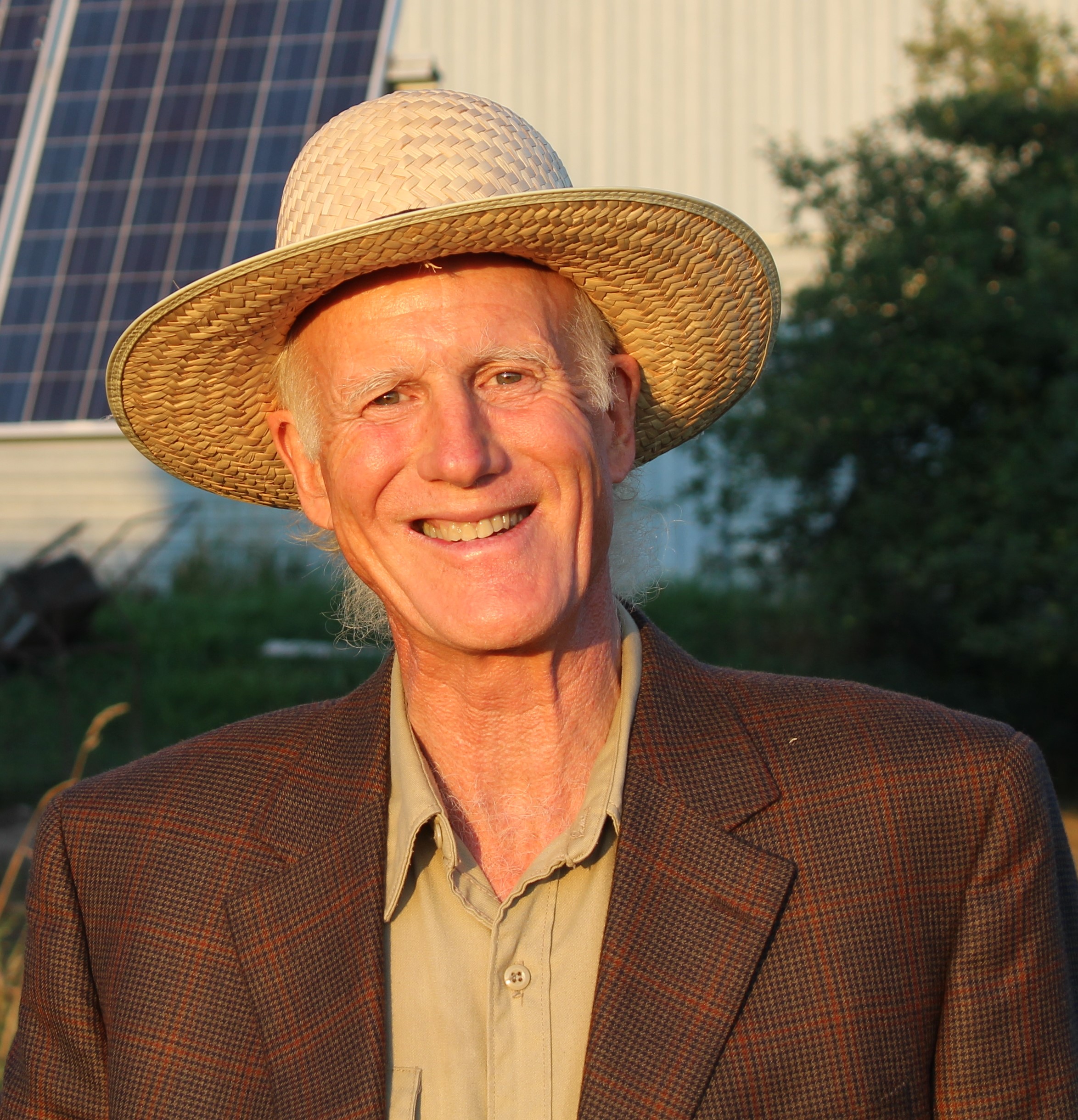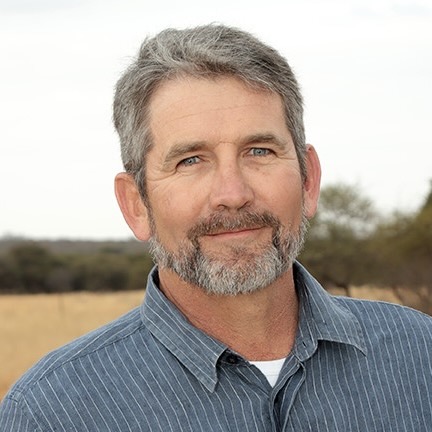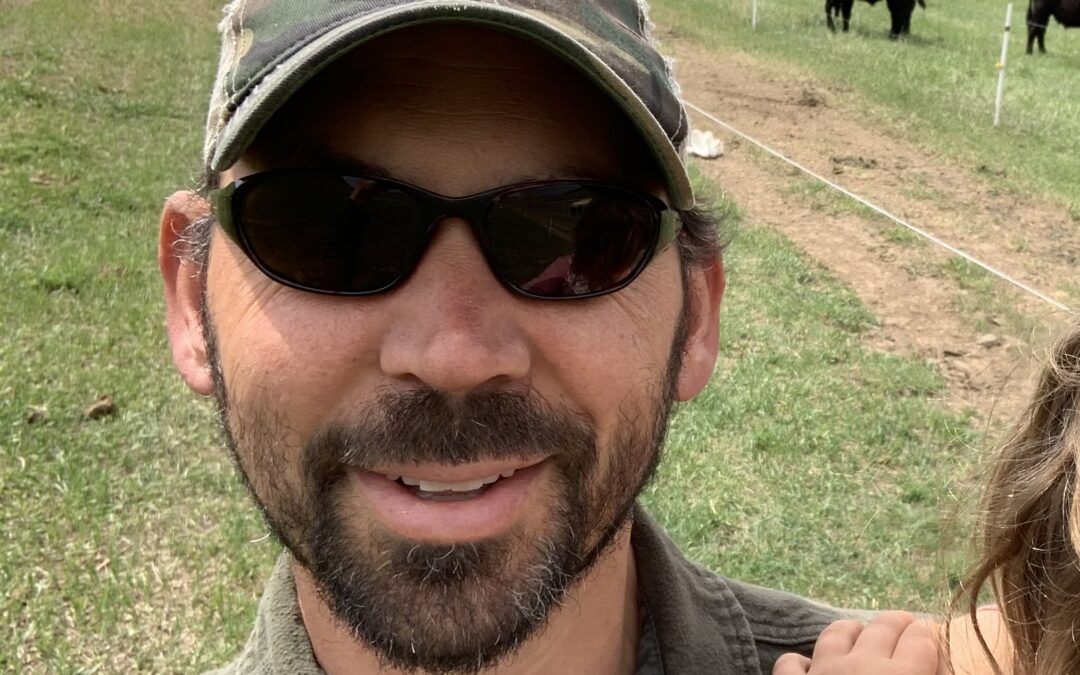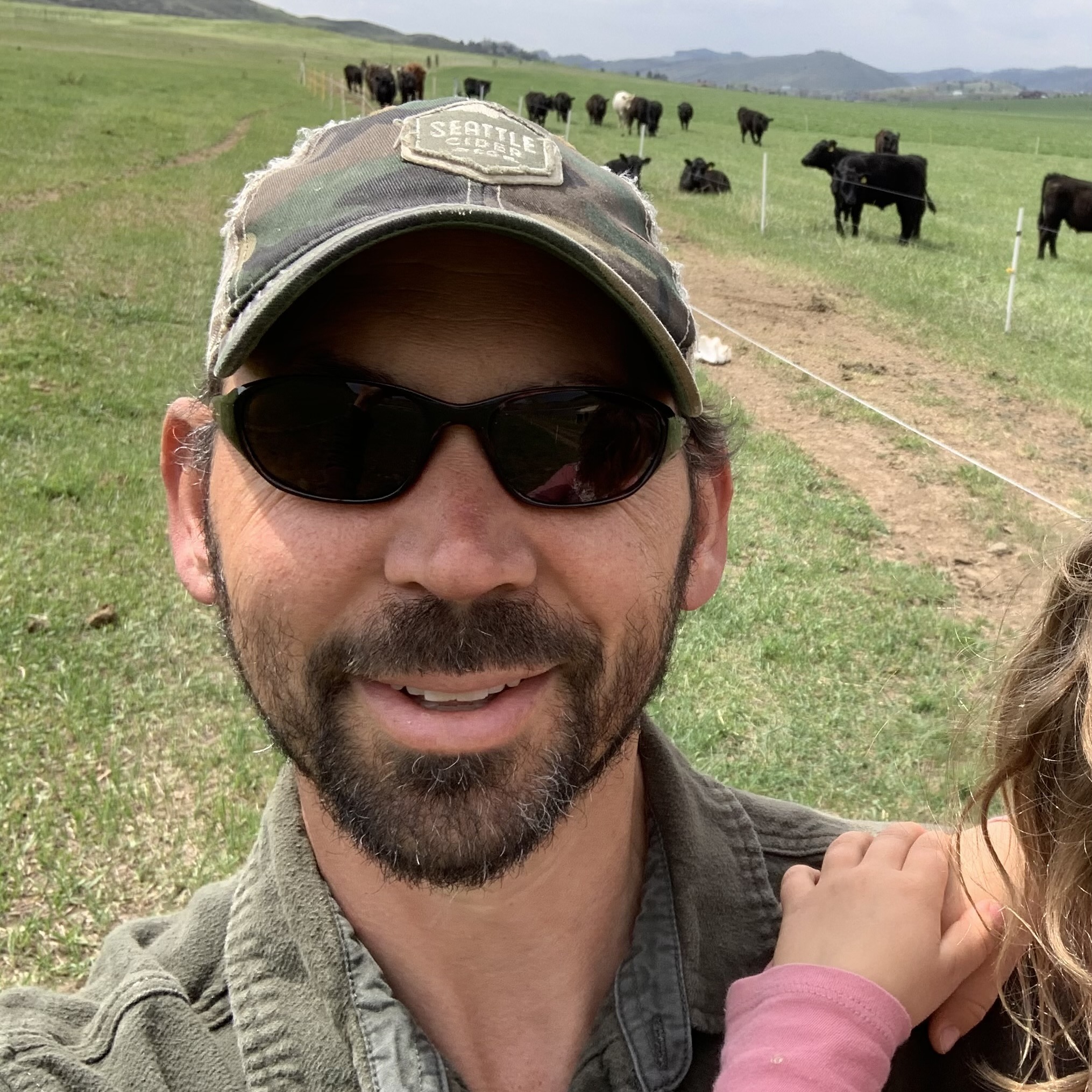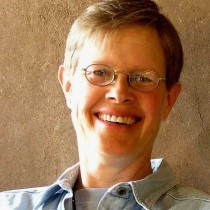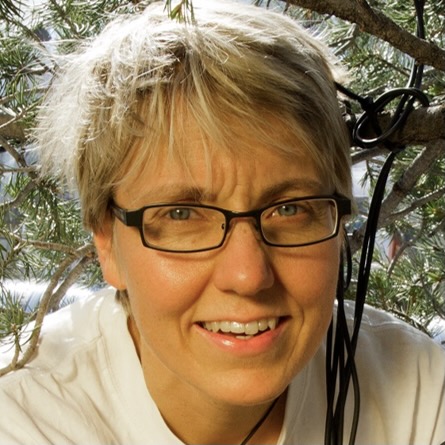
Sanna Sevanto
Sanna Sevanto

Sanna Sevanto Team leader: Atmosphere, Clime and Ecosystem Sciences, LANL, Los Alamos, New Mexico, is a physicist turned to plant physiologist with broad expertise in transport phenomena in complex natural systems. She has a master’s degree in material science and a PhD in applied physics from the University of Helsinki, Finland. Her interests in biomechanics and the environment have led her to apply the knowledge of physics to studying plant physiology and plant responses to environmental stress. Her research has focused on measurements and modeling of plant-atmosphere interactions, ecosystem energy, water and carbon cycles, plant hydraulics, plant responses to stress, and on mechanistic understanding of plant structure and function. Most recently she has led research in developing techniques to produce microbial consortia that improve plant drought tolerance. Dr. Sevanto has over 90 peer-reviewed publications and has collaborated with researchers from various disciplines ranging from applied and theoretical physics, and global-scale vegetation modeling, to cellular and ecosystem-scale biology, ecology, meteorology, atmospheric sciences and material sciences, applying techniques from these fields for understanding plant and ecosystem function, and vegetation influence on climate.
Webinar Week
Biochar in the Southwest Panel Discussion -Production Methods and Quality
Making biochar is easy…making high-quality biochar cleanly, efficiently, and with consistent properties is more challenging. This presentation will cover the types of biomass and reaction systems that can be used to make biochar, and will provide an introduction to biochar characterization and evaluation. Determination of what is a “good” biochar is not always straightforward as biochar properties that offer advantages for one application, may not be advantageous for another application. For example, biochars intended to increase the pH and mineral nutrient content of an acidic, weathered soil may benefit from having a higher and more alkaline ash content. That same biochar applied to an alkaline, saline (desert) soil would be at a disadvantage. In this presentation, we will look at the kinds of biochar properties that can be measured and how those properties can inform decisions about each biochar’s use.
